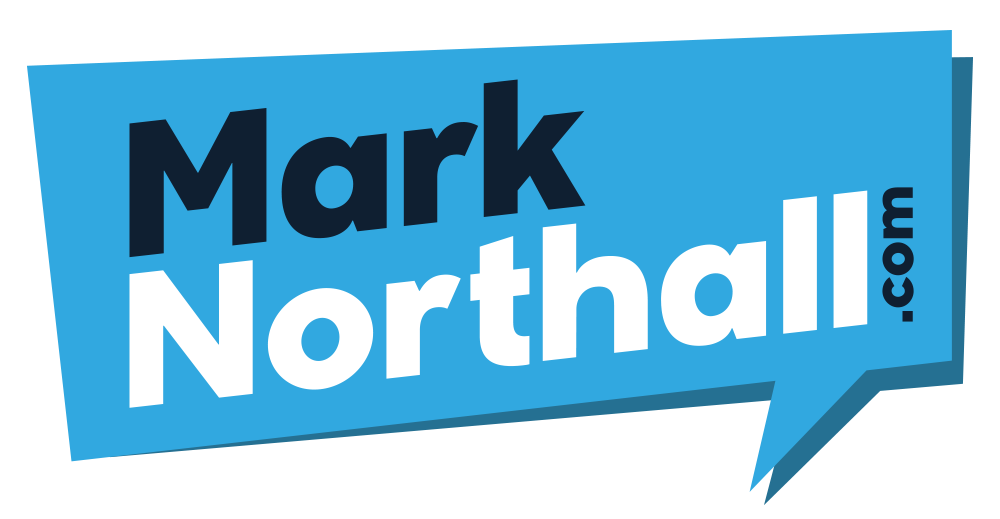For sometime now the moving target that is Search Engine Optimization has been a bit of a dark art and some S.E.O experts have tried to pedal the proposition that all sorts of weird and wonderful activities are needed to get you on to that coveted page one position. Well Ive been doing some research and it seems things are changing at the powers that be in search engine land.
The word on Search Street is that Google’s been making some pretty major changes to its search algorithm and that social signals are now being given a lot more weight as ranking factors.
 By social signals, I mean activity on social network pages that relates to your website. It could be a link from someone else’s Twitter account to a news item on your website; it could be a link to your latest blog post from your own company Facebook page; or someone reading that blog article and clicking the Facebook ‘like’ button at the bottom of the item.
By social signals, I mean activity on social network pages that relates to your website. It could be a link from someone else’s Twitter account to a news item on your website; it could be a link to your latest blog post from your own company Facebook page; or someone reading that blog article and clicking the Facebook ‘like’ button at the bottom of the item.
But is this social activity making a difference to Google rankings? And if it does, are the social networks just a few additional links out of many passing PageRank?
Lets start off by looking at what Google have said themselves. Back in May 2010, Google’s Matt Cutts said in a video that Google did not use social media as a ranking signal. But in December that year, Matt revealed that Twitter and Facebook were now beginning to be used by Google as ranking signals
He went on to say that Google also took into account the authority of the linking social media account, or reputation of the author. Which is totally in line with Google’s general link methodology.
This year the shift has been towards the inclusion of more human engagement factors, such as traffic patterns on a page, the quality and quantity of comments, AuthorRank, ‘likes’, tweets, ‘+1s’ and other shares. To a certain extent, interaction on sites like Facebook reflects human engagement in real life. This makes it easier to understand why Google deems this engagement a factor in the importance and relevance of a site to an audience defined by search activity, locality and history. To this end, the search engine is looking at the attention a site is receiving from people on social networks and adding this to the data from other ranking factors to give a more accurate position in rankings.
Several SEO experts, including Peter Visser from SocialmediaToday.com, have carried out experiments to test how social media activity impacts on search rankings. Whilst none of the experiments could be described as robust academic studies and therefore able to be aggregated in a meaningful way, they have nevertheless all concluded that social media activity does, in fact, boost search engine ranking.
So what social networks should you work on?
The ‘right’ answer is, of course, whatever networks your particular audience uses.
![]() However, it’s also worth considering the different social networks from Google’s perspective. The popularity of Facebook, Twitter and LinkedIn makes it almost certain that Google is factoring activity on these networks into its algorithm. And, of course, Google+, which seems very likely to emerge as a particularly strong influence due to the level of unrestricted access the search engine has to its data.
However, it’s also worth considering the different social networks from Google’s perspective. The popularity of Facebook, Twitter and LinkedIn makes it almost certain that Google is factoring activity on these networks into its algorithm. And, of course, Google+, which seems very likely to emerge as a particularly strong influence due to the level of unrestricted access the search engine has to its data.
You owe it to yourself to give your business the best possible chance to be found. Contact me for a full review of what you have in place or what you should be doing to engage with your target audience.
I would like to thank
